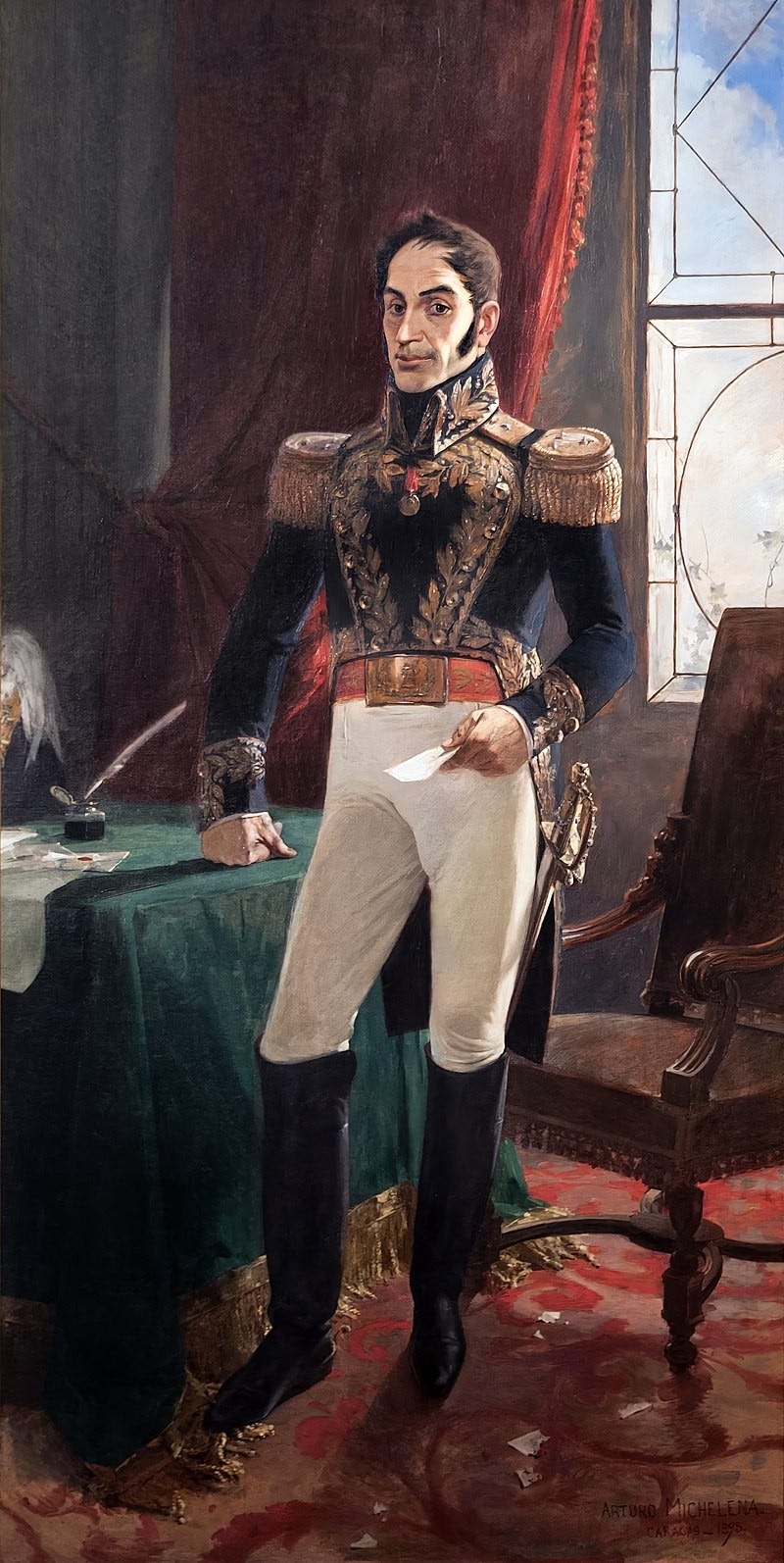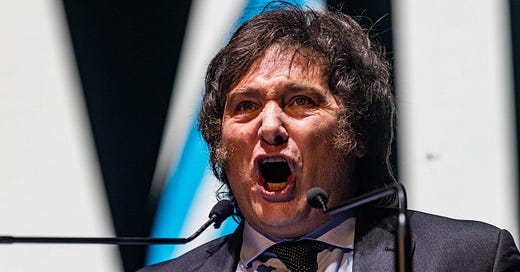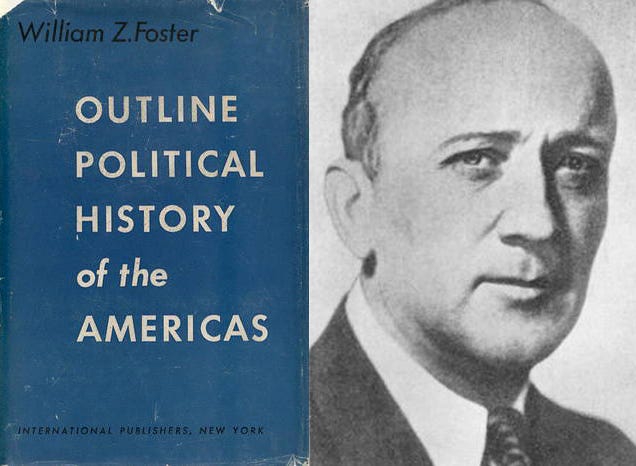About Milei Latin America’s “Caudillo” Dilemma
Javier Milei's presidency struggles to tackle Argentina's worsening economic issues, deeply rooted in the entrenched "Caudillo System" that stifles industrial growth and perpetuates inequality.
Milei is known for his crazy remarks and has been called "Argentina's Trump." One year after Milley was elected President of Argentina, Argentina's economic problems have not only not eased, but have become more serious.
During his campaign for Argentina's president, Milei made a series of very crazy remarks, such as blowing up the central bank, abolishing the Argentine peso, etc., but can these measures really save Argentina's economy? Of course not.
Now Argentina’s severe economic problems have proved that “Milenomics” is unreliable, so where does the problem lie?
On the surface, Argentina's economic problem is the so-called "middle-income trap," which is caused by its lack of industrial base. However, looking back at history, it is not difficult to find that Argentina has missed many opportunities to develop its industry. Why? The reason lies in the "caudillo" system shared by Argentina and other Latin American countries.
"Caudillo" means "chief, leader" in Spanish, and its extended meaning is a farm owner who occupies a large land area. These estate owners occupy large areas of land in Latin American countries, led by Argentina, and on this basis, they maintain armies to protect them. This is the so-called "caudillo"

We can understand that "caudillo" is a military feudal land system with large estate owners as the core and supported by military force. This system has undoubtedly severely restricted the economic development of Argentina and other Latin American countries.
The reason is simple. A large amount of land is in the hands of those large plantation owners. The ruling core of the country composed of them is of course unwilling to develop industry but only wants to develop agriculture and animal husbandry, which they are good at. As a result, Argentina and other Latin American countries were unable to develop industry because a large amount of land was monopolized by large estate owners, which intensified the capital outflow from their countries.
Regarding the "Caudillo" system, William Foster, founder and Chairman of the Communist Party of the United States, explicitly discussed this point in his 1951 book "Outline of American Political History."
In Chapter 18 of this book, "Revolutions and Dictators in Latin America," he clearly writes:
"Another important reason for the growth of Caudilloism is that the church and the army have huge power in the Spanish-speaking countries of Latin America. The Church itself was a big landowner, and it promoted totalitarianism. It almost always sided with the reactionary Caudillo. The military is also a highly centralized and authoritarian organization, and most of the caudillos emerge from its ranks. Many revolutions in Latin American history were coups led by military personnel, and most of the dictators who emerged were military generals. "
In Latin American countries in the 19th century, the Roman Catholic Church controlled a large amount of land. Today, this control is nothing more than transferred to modern large estate owners, and the essence has not changed. Therefore, Foster's discussion in the 21st century still has its significance.
No Argentine or Latin American leader can or dares to touch the interests of "Caudillo", otherwise, coups and assassinations are possible. Allende of Chile is a typical example. After he came to power, Allende wanted to change Chile's "caudillo" system, but unfortunately he failed. Allende suffered a military coup and died without a burial place.









I’m of the opinion The West as a whole needs a brand new system — made in the 21st century for the 21st century using the following themes:
- simplicity
- standardization (silly humanity tries to accomplish the same goals a million different ways — pick the best and use it until a better option comes down the pipe)
- economies of scale
- free and open data for circular accountability
- basic income (AI and technology is going to create massive gains in economic output so can easily afford this)
I believe a federal - municipal system would be best. Mayors can be elected by their local constituents; then the mayors can elect a leader/dictator who has a great deal of power to push forward their agenda, with a veto mechanism to prevent them going off the rails (mayors have the vote for the veto, but make it high like 75% for example so you need a strong consensus to veto the leader).
Create a constitution made in the 21st century for the 21st century.
Create a system so good that everyone wants in as the benefits will be so immense that only fools will stay out (a better quality of life and economic outcomes). Could likely start this system in Canada and go after the low hanging fruit that is The Commonwealth.
The arc of humanity and civilization is unification — I believe we are seeing the late stages of nationalism (which is fragmentation and wars). I believe we must live through this chaotic WW3 era before my grand plan door opens.
Very informative — thank you 🙏